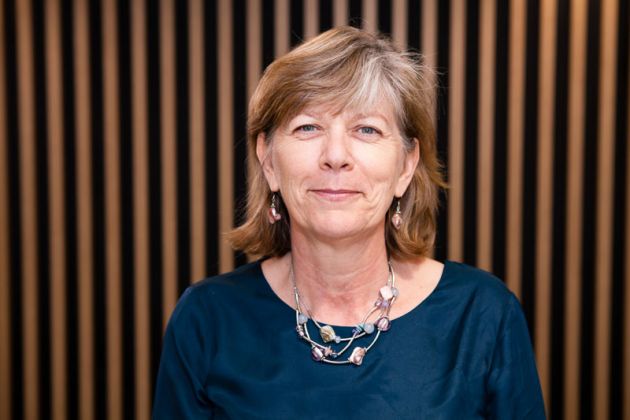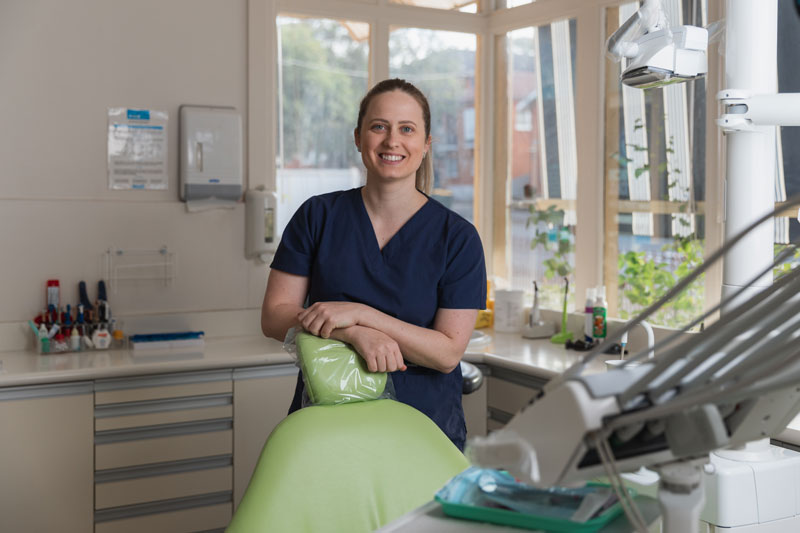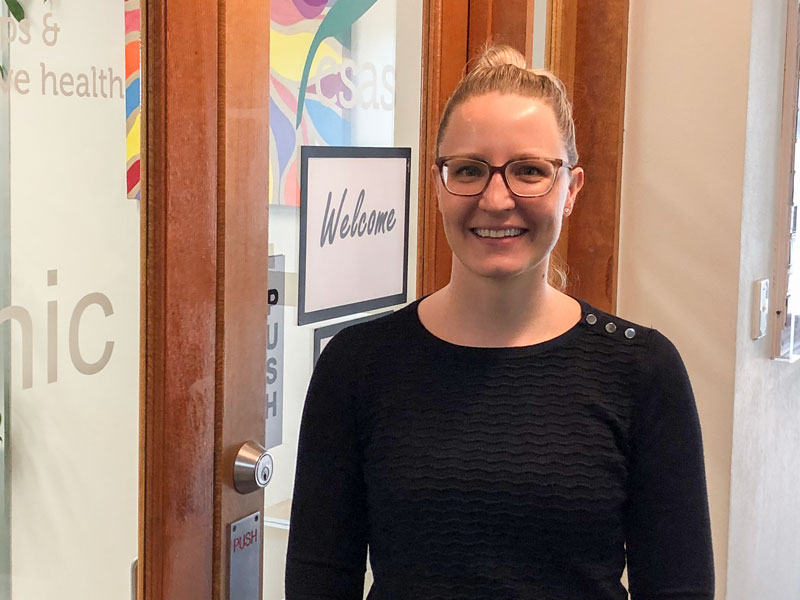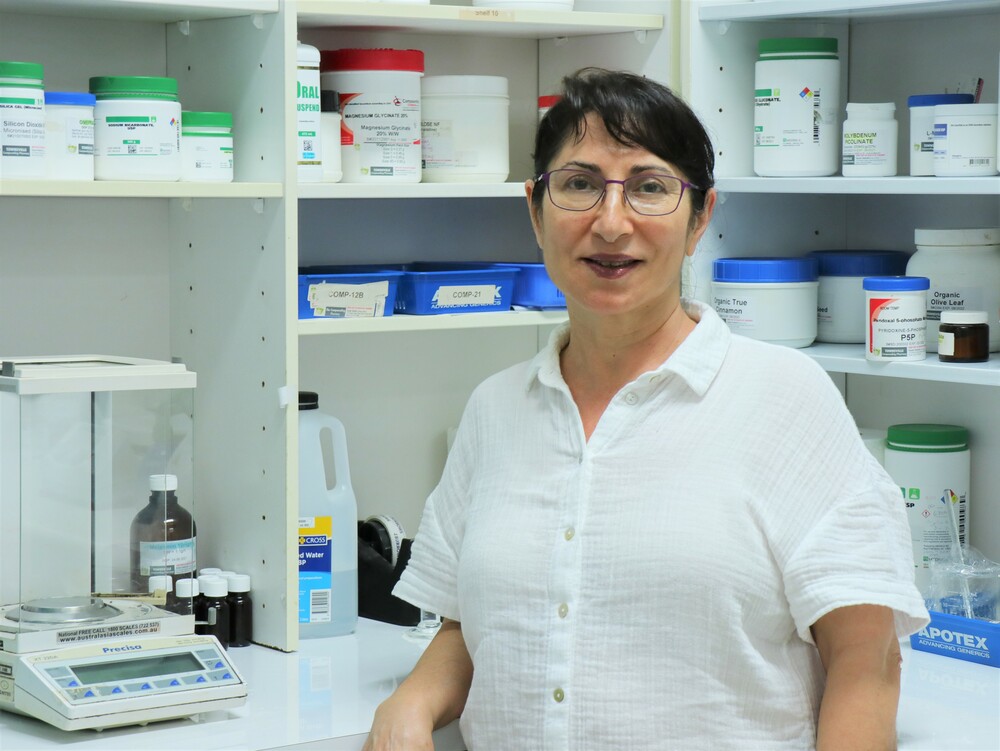College of Medicine and Dentistry Womens Health Week 2021 Wrap
Womens Health Week 2021 Wrap
- Future Students
- JCU Global Experience
- International Students
- Open Day
- How to apply
- Pathways to university
- Virtual Open Day
- Living on Campus
- Courses
- Publications
- Scholarships
- Parents and Partners
- JCU Heroes Programs
- Aboriginal and Torres Strait Islander in Marine Science
- Elite Athletes
- Defence
- Current Students
- New students
- JCU Orientation
- LearnJCU
- Placements
- CEE
- Unicare Centre and Unicampus Kids
- Graduation
- Off-Campus Students
- JCU Job Ready
- Safety and Wellbeing
- JCU Prizes
- Professional Experience Placement
- Employability Edge
- Art of Academic Writing
- Art of Academic Editing
- Careers and Employability
- Student Equity and Wellbeing
- Career Ready Plan
- Careers at JCU
- Partners and Community
- JCU-CSIRO Partnership
- Alumni
- About JCU
- Reputation and Experience
- Chancellery
- Governance
- Celebrating 50 Years
- Academy
- Indigenous Engagement
- Education Division
- Graduate Research School
- Research and Teaching
- Research Division
- Research and Innovation Services
- CASE
- College of Business, Law and Governance
- College of Healthcare Sciences
-
College of Medicine and Dentistry
-
Research
-
Project Portal
- CMD research project asset list
- Chronic Pelvic Pain Faecal Microbiome Study
- Service delivery strategies for rural/ remote allied health
- TREAD: Translational Research in Endocrinology and Diabetes 'Multiple projects'
- Australia's burden from peripheral artery disease
- Glucose control and outcome of peripheral revascularisation
- Outcome for abdominal aortic aneurysm admissions across Australia
- Diet and vascular disease
- Genetics of abdominal aortic aneurysm
- Biomarkers of aortic aneurysm and peripheral artery disease outcome
- Testing novel treatments for peripheral artery disease and abdominal aortic aneurysm
- Clinical trials of novel treatments for peripheral artery disease, diabetes-related foot disease and abdominal aortic aneurysm
- Multiple projects in Microbiology and infectious Diseases
- Piloting a continuous quality improvement framework to strengthen quality of care in Aboriginal residential aged care.
- Strengthening primary health care to promote healthy ageing and reduce risk factors associated with dementia in Aboriginal and Torres Strait Islander communities
- Multiple research opportunities in Psychiatry
- The role of partner dancing on biopsychosocial status of older adults and their significant others
-
Project Portal
- News & Stories
- Get Involved
- Short Courses & Professional Development
- Clinical Electives for Non-JCU students
- Dentistry
- Medicine
- Pharmacy
- Making Rural Health Matter
- Northern Queensland Regional Training Hubs
- Contact us
- Learning and Teaching
-
Research
- College of Science and Engineering
- CPHMVS
- Anthropological Laboratory for Tropical Audiovisual Research (ALTAR)
- Anton Breinl Research Centre
- Agriculture Technology and Adoption Centre (AgTAC)
- Advanced Analytical Centre
- AMHHEC
- Aquaculture Solutions
- AusAsian Mental Health Research Group
- ARCSTA
- Area 61
- Lions Marine Research Trust
- Australian Tropical Herbarium
- Australian Quantum & Classical Transport Physics Group
- Boating and Diving
- Clinical Psychedelic Research Lab
- Centre for Tropical Biosecurity
- Centre for Tropical Bioinformatics and Molecular Biology
- CITBA
- CMT
- Centre for Disaster Solutions
- CSTFA
- Cyclone Testing Station
- The Centre for Disaster Studies
- Daintree Rainforest Observatory
- Fletcherview
- JCU Eduquarium
- JCU Turtle Health Research
- Language and Culture Research Centre
- MARF
- Orpheus
- TESS
- JCU Ideas Lab
- TARL
- eResearch
- Indigenous Education and Research Centre
- Estate
- Work Health and Safety
- Staff
- Discover Nature at JCU
- Cyber Security Hub
- Association of Australian University Secretaries
- Services and Resources Division
- Environmental Research Complex [ERC]
- Foundation for Australian Literary Studies
- Gender Equity Action and Research
- Give to JCU
- Indigenous Legal Needs Project
- Inherent Requirements
- IsoTropics Geochemistry Lab
- IT Services
- JCU Webinars
- JCU Events
- JCU Motorsports
- JCU Sport
- Library
- Mabo Decision: 30 years on
- Marine Geophysics Laboratory
- Office of the Vice Chancellor and President
- Outstanding Alumni
- Pharmacy Full Scope
- Planning for your future
- Policy
- PAHL
- Queensland Research Centre for Peripheral Vascular Disease
- Rapid Assessment Unit
- RDIM
- Researcher Development Portal
- Roderick Centre for Australian Literature and Creative Writing
- Contextual Science for Tropical Coastal Ecosystems
- State of the Tropics
- Strategic Procurement
- Student profiles
- SWIRLnet
- TREAD
- TropEco for Staff and Students
- TQ Maths Hub
- TUDLab
- VAVS Home
- WHOCC for Vector-borne & NTDs
- Media
- Copyright and Terms of Use
- Australian Institute of Tropical Health & Medicine
- Pay review
Fri, 15 Oct 2021
Categories: Research, Staff, Alumni.
 Professor Peta Anne Teague shares her top tips for Womens Health Week 2021
Professor Peta Anne Teague shares her top tips for Womens Health Week 2021
This #WomensHealthWeek, we give a nod to the amazing women of our community. Throughout the week we shared tips from various health professionals centred on improving women's health.
We talked with Associate Dean Dr Peta-Ann Teague, who spoke on the topic from her 30 years as a general practitioner.
“Amid mixed messages about body image, fertility and ageing, it can be difficult for women to prioritise their health when there are competing demands such as study, work and family,” Dr Teague says.
“Doctors provide a trusted, evidence-based source of information. GPs in particular often have a long-term professional relationship with their patients, providing continuity of care over decades.
“Being able to walk that journey with a patient as she grows into a young woman and develops her adult identity, establishes her career and long-term intimate relationships, and makes choices about her fertility, is really important. As women in their 40s and 50s start experiencing menopause, they can sometimes not be very well served by our medical community and society and, again, a knowledgeable and caring GP is a reliable and helpful source of support.
One of the things a trusted health professional can do is talk through the sources of information that patients are using and support their thinking and decisions around their emotional and physical health."
Professor Teague’s top tips to providing effective health care to women.
- Always have a patient-centred focus. Don’t make assumptions about the woman’s choices.
- Understand the complex demands that most women face.
- Listen and seek to understand, believe what you’re being told by the patient.
Jean Hailes for Women's Health
JCU DENTISTRY

As you journey through life, your body changes – and your teeth and gums are no exception.
For women, hormonal changes and other factors such as pregnancy can significantly impact oral health. As part of #WomensHealthWeek, ADA Oral Health Promoter and JCU Dentistry grad, Dr Mikaela Chinotti, shares some of her key tips for girls and women to help maintain healthy teeth and gums for life.
“Women need to be aware of the impact hormones can have on oral health in the different life stages,” Dr Chinotti says. “Your teeth aren’t just there for smiling - although that’s a big part of it! - they serve you so many purposes and it’s important to take care of them.”
Find out more here bit.ly/a-smile-for-life
Australian Dental Association JCU: James Cook University, Australia Jean Hailes for Women's Health
JCU GP TRAINING
Dr Michelle Burnham is a registrar in our JCU GP Training Program. For the past two months, she’s been on an extended skills term at True Relationships & Reproductive Health in Cairns. It’s given her more experience in women’s health to take back to general practice.
Dr Burnham shared with us a few of the key tips that women can put straight into action this #WomensHealthWeek.
1. Be proactive. If you think you may be due – or overdue – for a checkup, book one in! Things to think about are: an annual STI screening, management of contraception, and being aware of your periods. If you're having trouble with your periods, if it's too painful, or too heavy, then let us know. A lot of women are living with endometriosis, and in many cases it’s yet to be diagnosed. So if you're suffering, the message is you don't have to suffer in silence.
2. Make sure your cervical screening is up to date. I know a lot of women who might be uncomfortable with the procedure. If you’re worried about something, don’t put it off! We can provide a lot of peace of mind if you’ve got concerns. If something's abnormal, we can walk you through it.
3. See a GP when you’re planning for pregnancy. Engaging your GP in the process from the start can help you get the best outcome for your pregnancy. We can screen for underlying conditions and make sure you're on the right supplements, if needed.
JCU PHARMACY
#WomensHealthWeek check-in with Townsville Compounding Pharmacy business owner and compounding pharmacist Susan Samimi.
For over 20 years, Susan has been providing customised Bio-identical HRT (hormone replacement therapy) tailored to women’s health needs.
“Going through menopause affects women in different ways. I’ve seen it affect relationships, memory, and performance at work. Other common symptoms include irritability, hot flushes and sweating.”
A common treatment option for these symptoms are HRT medications. After seeing many women experience side effects, Susan was inspired to offer her patients an alternative product, Bio-identical HRT.
“They are customised for each individual. That is, we do an assessment of the patient’s current hormone levels and customise hormone therapy tailored to their health needs. We also periodically review and adjust when necessary to provide the optimal therapy for the patient.”
Susan's advice to women: "Discuss with your doctor and compounding pharmacist to get the right information about different treatment options."
Jean Hailes for Women's Health JCU: James Cook University, Australia
JCU RESEARCH

Hailing from the Highlands of Papua New Guinea, College of Medicine and Dentistry recently completed PhD candidate and Registered Nurse, Rachael Tommbe, has made it her mission to help improve sexual health and wellbeing in PNG.
Rachael recently conducted a sexual health education project called Strongim Meri Lida, which translates from Tok Pisin as ‘Strengthening Women Leaders’, in collaboration with JCU Senior Research Fellow, Dr Michelle Redman-MacLaren.
“Traditionally, sexual health and wellbeing are culturally and religiously sacred and taboo topics that are not openly spoken about in PNG,” said Rachael. “The topic is considered as being almost offensive. As a result, women are hesitant to talk about such issues amongst themselves; mothers don’t even talk about it with their daughters.
Read more here https://bit.ly/2XdgbSj

